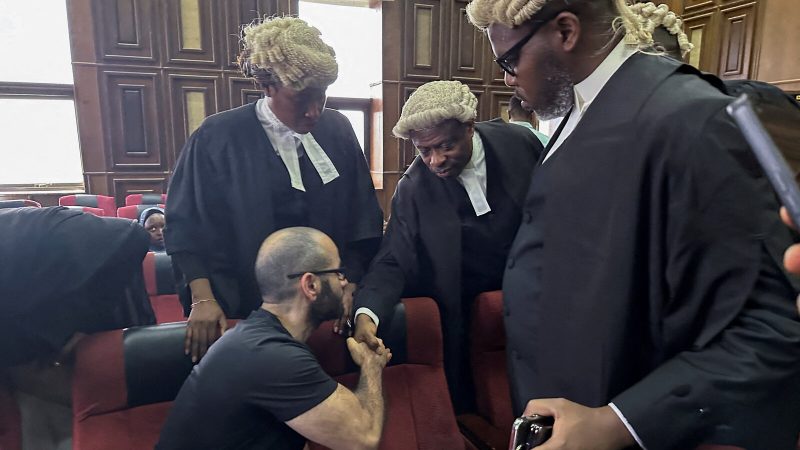Tigran Gambaryan, a high-ranking Binance executive, continues to face legal challenges in Nigeria as a Federal High Court in Abuja has again postponed his bail hearing. This latest development leaves Gambaryan in custody at the Kuje correctional center, with the hearing rescheduled to April 22.
Court Delays and Legal Wrangling
The delay came after the Economic and Financial Crimes Commission (EFCC) requested more time to respond to new points raised in an additional affidavit submitted by Gambaryan’s legal team on April 16. Senior counsel E. Iheanacho emphasized the need for adequate time to address these points to ensure a fair pursuit of justice. The judge, Justice Emeka Nwite, conceded to this request, resulting in the postponement.
Criticism from the Defense
Mark Mordi, Gambaryan’s lawyer, expressed frustration with the prosecution’s handling of the case, particularly their failure to respond timely to the defense’s filings. He highlighted that his client has already spent over 14 days in federal government custody, asserting that the prosecution’s delays are undermining his client’s right to a fair trial.
Charges and Allegations
Gambaryan, alongside his colleague Nadeem Anjarwalla, faces serious allegations from the EFCC, including money laundering and concealing $35.4 million, purportedly derived from unlawful activities. Following these charges, the EFCC secured a court order to detain the Binance executives for 14 days and compelled Binance to provide data on Nigerian traders on its platform. Moreover, the executives are entangled in two separate legal cases; one concerning tax evasion and another related to foreign exchange violations and money laundering.
Human Rights Concerns
Amidst these legal entanglements, Gambaryan has initiated a lawsuit against the Nigerian government, accusing it of violating his fundamental human rights. His detention and the confiscation of his passport, he argues, breach Nigeria’s constitutional guarantees of personal liberty.
Broader Implications
The arrest of Gambaryan and Anjarwalla occurred under a broader crackdown on cryptocurrency operations by the Nigerian government, aimed at curbing currency speculation. Anjarwalla, however, managed to evade detention using a counterfeit passport, complicating the situation further.
This case continues to draw attention to the regulatory and legal challenges facing cryptocurrency companies as they navigate complex international landscapes.
